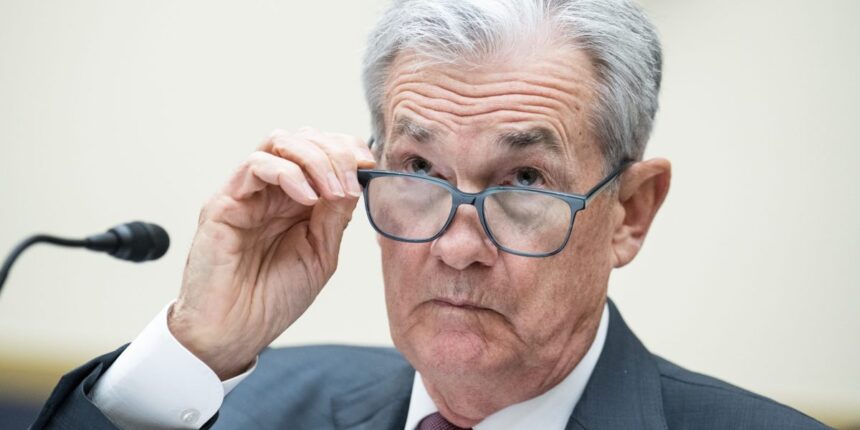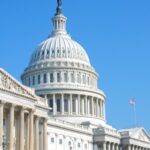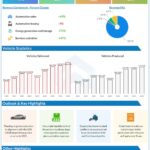Albert Edwards is known for lamenting “Greedflation.” The veteran strategist at the French investment bank Société Générale argued in a series of research notes this year that corporations used the pandemic and the war in Ukraine as an excuse to raise profit margins, essentially profiteering from the black swan events. He even made the case last month that this type of profit-led inflation has helped delay the onset of what many are calling the most widely predicted U.S. recession in history.
Wall Street economists and billionaire investors repeatedly warned over the past year that the Federal Reserve’s rapid interest rate hikes have made avoiding an economic downturn nearly impossible. But that downturn has yet to arrive, and now, Edwards has spotted another economic oddity that is helping many U.S. corporations avoid the worst of the Fed’s wrath and stave off a recession—at least for now.
“It’s not just ‘Greedflation’ that has boosted U.S. profit margins and delayed the recession,” the strategist wrote in a Friday note. “Interest rates simply aren’t working as they once did…It is indeed a mad, mad world.”
Edwards explained that, historically, when interest rates rise, interest payments on corporate debt rise with them. But over the past year, despite interest rates steadily increasing, net interest payments have fallen. “What on earth is going on?” he asked. “Something very strange has happened…”
Edwards pointed to what he called the “maddest macro chart” he’s seen in years as evidence of the broken relationship between interest rates and corporate interest payments. It shows that corporation’s net interest payments have fallen 25% year-over-year, despite a sharp rise in the fed funds rate.








